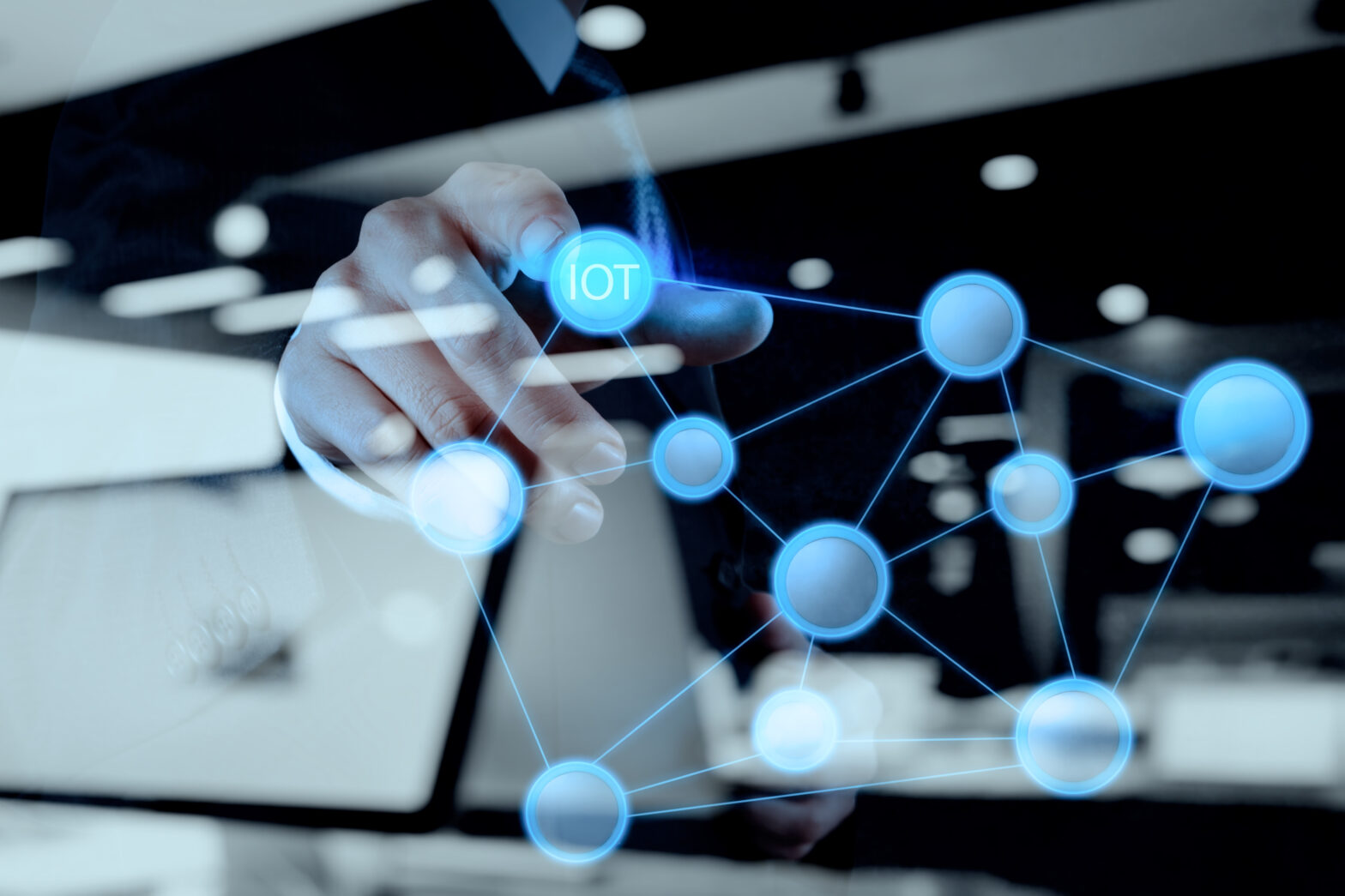The Internet of Things (IoT) and all the data these connected devices produce should be a goldmine for businesses seeking to gain meaningful business insight, with the proper analytics in place of course.
Organisations should be seeking to take advantage of this technological advancement.
However, according to HCL’s ‘first-of-its-kind’ survey this is not the case with half of US and European companies.
The research – based on a Vanson Bourne survey of 263 organisations in Europe and the U.S., found that 50% of respondents said their organisations are already behind the curve on IoT, whilst 43% said their customers will suffer from their organisation’s failure to utilise IoT fully.
>See also: IoT adoption is driving the use of platform as a service, says Gartner
Many organisations (49%) are struggling to get off the ground with IoT, due to an uncoordinated and siloed approach.
The majority, 82%, said that those embracing the IoT are likely to be in a stronger position in the marketplace.
Similarly, 65% said the primary drivers for adopting the IoT are improving business process efficiency and better customer satisfaction.
The benefits are obvious to businesses, yet something is holding them back. According to the survey, the biggest barrier to IoT adoption are security concerns (38%).
Some also feel that utilising the data from the IoT devices is more effort that it is worth and not an efficient process.
On average, only 48% of data collected from the IoT is analysed, while it takes those that have adopted IoT five days to turn data into insight; as opposed to ten days for those that have not adopted IoT.
The time taken to analyse, whether an IoT adopter or not is too long, which is why effective data analytics tools needs to be integrated into more business operations.
>See also: UK companies could benefit by £322 billion from big data and IoT
These findings indicate that many businesses are still in the early stages of IoT adoption, where its use is limited to a single business function, rather than being committed to a formal business–wide program.
“Many companies have made inroads into the IoT, but when you peel away the layers, very few have embarked on truly transformative programs,” said Sukamal Banerjee, CVP and global head of IoT WoRKS, HCL Technologies.
“Success depends on an enterprise-wide IoT strategy that centralises a significant portion of the data from connected assets onto a single platform, where it can be used to generate revenues and new opportunities. It is only by doing so that they will reach the ultimate goals of IoT: organisational efficiency, more profitable business models and competitive edge.”
“For example, manufacturers can use sensor data to charge customers based on hours of equipment in operation, or lab equipment providers can detect and automatically replenish supplies.”
The research findings are unique, according to HCL, and indicate that the solution to the challenges that are holding businesses back from committing more fully to the IoT, are dependent on selecting the right IoT platform.
>See also: How the Internet of Things is impacting enterprise networks
Perhaps in response to these challenges and to avoid falling behind, almost three-quarters (73%) of respondents said they plan to enlist the support of a specialist IoT service provider.
“With a lot of aggressive technology selling going on in the name of IoT, it’s extremely difficult for businesses to see a clear and rapid path to realise full value, but this is no time to sit on the side-lines,” continued Sukamal Banerjee.
“In capital intensive industries, the digital economy will force the gap between innovators and followers to the ability to create intelligent insights from a full range of IoT assets. This process can be incredibly daunting, so next–generation service offerings will play a crucial role in guiding organisations and helping them discover new types of value and a new, more effective way to compete.”







